This well-structured manual by David Meerman Scott and Michelle Manafy highlights the concerns planners must keep in mind to conduct successful virtual events. They warn that you can’t just repeat your approach to in-person events. They address many actionable aspects and functions, including how to select the technology you will use, the speakers you will invite and ways to maximize your audience. They explain the science of how people build links with one another and guide organizers on using those practices to their benefit in a virtual forum.
Organizations can use virtual events to turn customers into fans.
Neuroscientists suggest that people have an in-built predisposition to bond with those who resemble them.Being part of a peer group makes people feel secure. This explains why people revel in the company of their friends, but feel insecure in a room of strangers. In-person events capitalize on this feeling of collegiality to fuel a sense of belonging.
Today, as more events appear online, organizers face the challenge of recreating this feeling in a virtual setting. One way to tackle this requires an understanding of the human need for proximity. For example, in-person event planners can spur a sense of belonging by manipulating the “space” between event participants. Edward T. Hall, who studied the effects of the distancesbetween people, suggests that audience members pay less attention to speakers who are more than 12 feet away. The most significant encounters between people take place at distances ranging from 18 inches to four feet.
To apply this phenomenon to virtual events, pay attention to the importance...
David Meerman Scott is a marketing strategist, author and speaker. Michelle Manafy works as the editorial director of DCN, a trade organization.









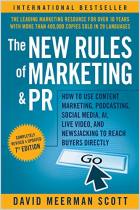

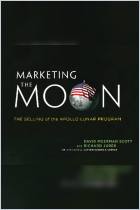
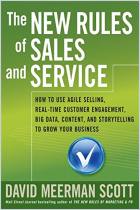
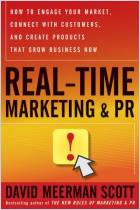
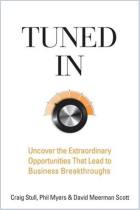
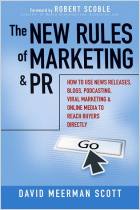
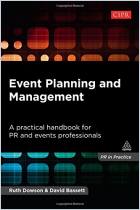
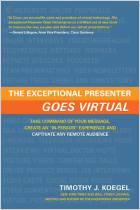
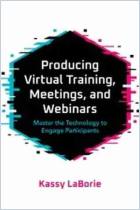
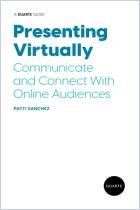
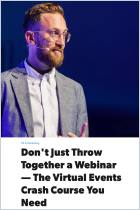
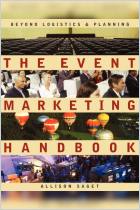








Comment on this summary